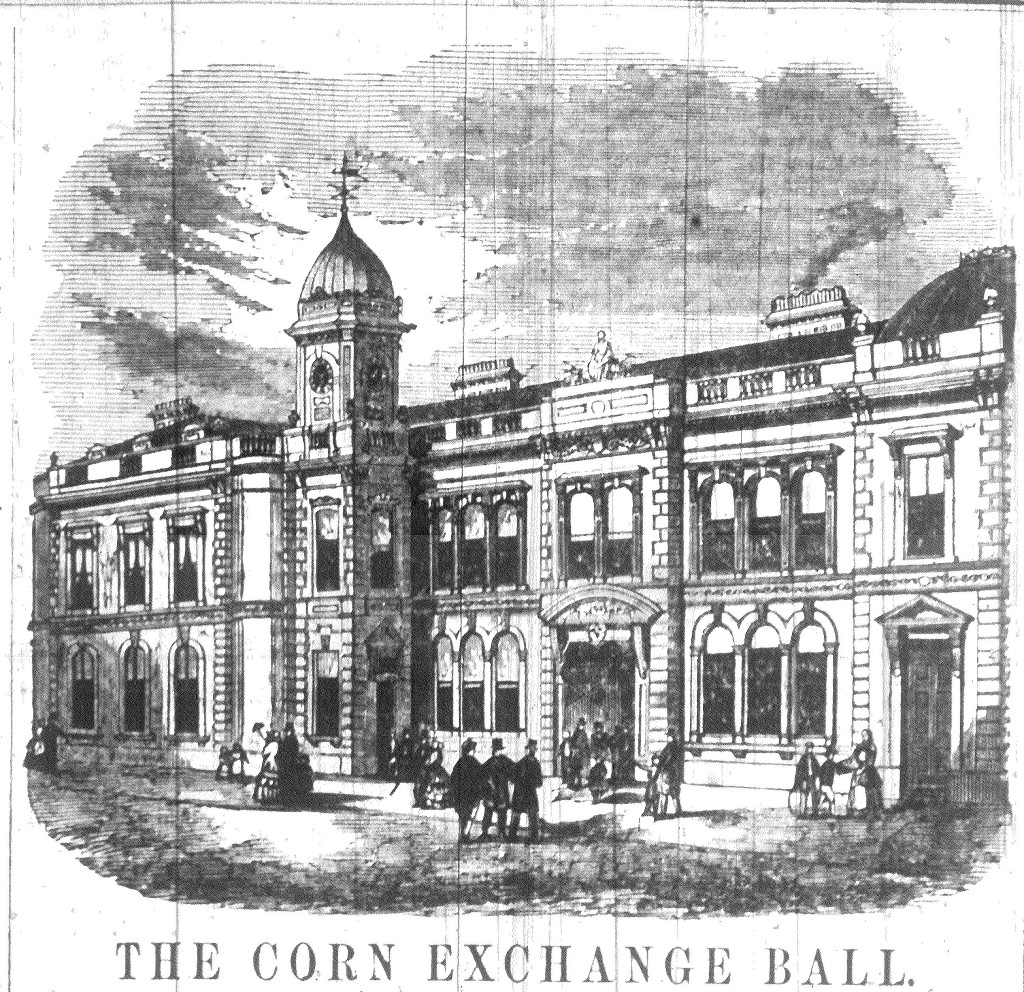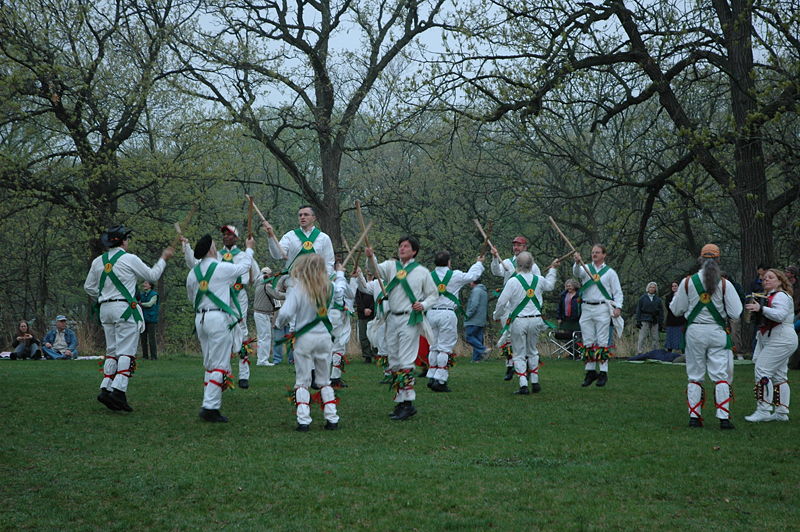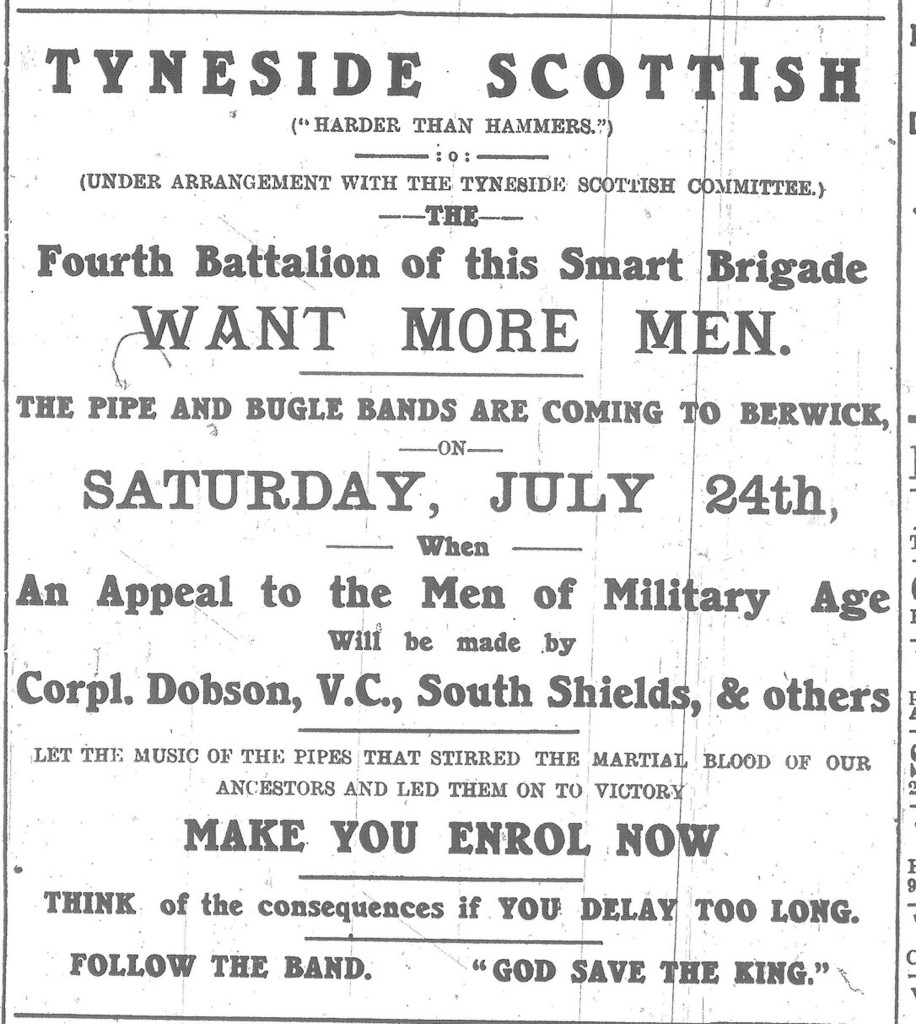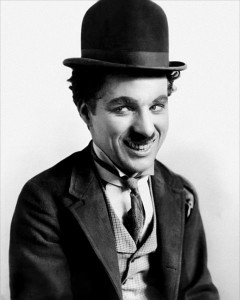
NOTES FROM SPITTAL
Reconstruction is everywhere on the lips of the people, but not everywhere is it assuming tangible form, as in Spittal. The “Spa Well” is benefiting either by the war or something else, as it is now, and has been for many weeks past undergoing the process of reconstruction. Perhaps after all, the war is not really responsible for all the activity.

The real reason is probably to be found in the fact that the spiggot from which emanated the diuretic fluid had ceased to attract from the spring quantities sufficient to form a medicinal draught, the liquid having become as scarce as whisky in the village. The new structure occupies a site nearer the public highway than does the obsolete well, and when competed will not at least detract from the appearance of the “green”. It is to be hoped that the supply obtainable will be sufficient to meet the needs of visitors and villagers alike. A little gingering up on the part of the Authority to have the work completed is necessary if some of the visitors are to share in the benefits of the potent beverage.
LOCAL NEWS
On Monday, a great day for Tweedmouth, Lord John Sangers’ Circus visited the Meadow Field, and gave two performances. In the afternoon the audience was composed mainly of children, the schools, being granted a half-holiday in honour of the occasion. Another performance was held in the evening, when the huge marquee was packed. It was an all-round good show thoroughly enjoyed by everyone. The horses are all well trained, and one of the most beautiful animals ever seen in the town was “Lily of the Valley,” a pure white Arabian mare, her dancing to music being most graceful. The displays of Indian trick riding on bare-backed horses was most wonderful, and even the great ponderous elephants seem to make quite docile pupils in the hands of capable trainers. Another good item was the two sea lions “Jack” and “Baby,” trained by Leyland to perform the most extraordinary balancing feats with balls, boxes, etc., after which that were rewarded with liberal supplies of fish, eagerly devoured. There were so many items it is impossible to mention all, but the displays of telephone wire walking, dancing, etc., by the ladies were all very fine. Of course no Circus is quite complete without its clowns, and Alberto and Pimpo supplied merriment all through the performances. Most men would rather resent being described as having no backbone, but when applied to Pimpo with his wonderful somersaults and other athletic feats, the description becomes a compliment. He was not only funny but amazingly clever as well, and seemed to be able to do anything from riding bare-back to wire-rope walking etc. To be a circus hand must be a very tiring life, the men are always on the go, and strains of “God Save the King” marking the close of the performance, had scarcely died away, when the attendants started to strip the place. Turning round as one left the tent, the plank upon which one had been seated but a moment before, was, among others, seen piled up on a waggon ready for removal elsewhere. The life is not without its attractions, however, and during the war, as was evidenced by the number of gold stripes and “Mons” chevrons on the sleeves of the attendants, many circus hands have done their bit for the country. The elephants have also been employed on land work.
On Saturday Berwick’s own particular Tank, which is at present lying at the Railway Station, is to crawl to its appointed destination in Palace Green. During the past few days workmen have been busy preparing the site in the centre of the Old Bowling Green, and the railings and part of the wall on the east side have been removed ready for its reception.

From what we have heard of the capabilities of Tanks, we should have thought that railings and walls would have offered no obstacle to the monster. The official presentation is to be made by Major General Ernest Dunlop Swinton, C.B., D.S.O., R.E., who played so prominent a part in the invention of these tanks. General Swinton, who comes of the same stock as the Berwickshire Swintons, has had a distinguished military career. Entering the army in 1888, his promotion was rapid, and during the South African War he was awarded the D.S.O., and was also mentioned in despatches. In the Great War he has been also mentioned in despatches on several occasions, and in 1917 was made a C.B. The following year he mead a tour in the United States, where he told of his own experiences in the war. He has a considerable reputation as an author, and writes under the pseudonym “Ole-Luk-Oie. His best known works are “The Defence of Duffer’s Drift” (1904), “The Great Tab Done” (1915), and “A Year Ago” (1916). As will be seen from an advertisement in our columns, the inhabitants of Berwick are to be given an opportunity on Saturday of inspecting the inside of the Tank, if they purchase a War Savings Certificate at the temporary bank to be opened in the Scout Hall.
Lieut Stewart Reid, of Foulden, Lost in the Baltic
MEMORIAL SERVICE AT FOULDEN
On Sunday evening a Memorial Service for the men of the village who had fallen in the war was held in the Parish Church. An added element of sadness having come during the past week in the news of the death of Lieut. J. Stewart Reid, D.S.C., R.N., son of the parish minister, caused the solemn proceedings to be partly devoted to that officer’s memory.

The pulpit was draped in black and purple, and a miniature “Jack” hung from the lectern. Behind the pulpit was the White Ensign, and two lovely floral tributes in the shape of an anchor and cross hung on the wall at each side. The communion table was also decorated with a profusion of white lilac blooms.
The tolling of the church bell drew villagers to the place of worship, and in the pews were several whose families had suffered bereavement in the war.
The Rev. John Reid, accompanied by his sons and other relatives, was present during the service.







